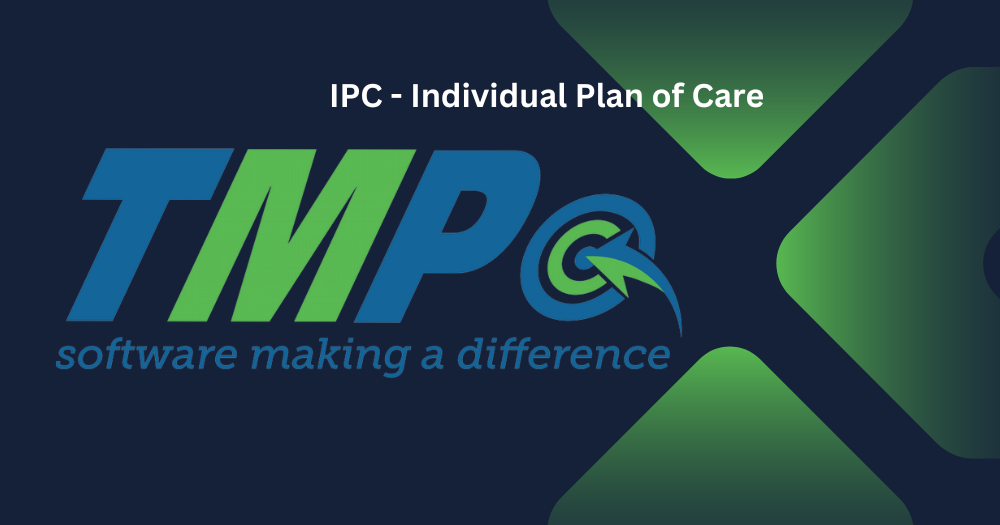An Individual Plan of Care (IPC) is a detailed, person-centered document developed to outline the services, supports, and goals for an individual receiving care, particularly in the context of Medicaid-funded programs, intellectual and developmental disabilities (IDD) services, or mental health care. The IPC serves as a roadmap to ensure the individual’s needs are met in a way that aligns with their preferences, abilities, and life goals.
Purpose of the Individual Plan of Care:
- Personalized Support:
- Tailors services and interventions to meet the unique needs and aspirations of the individual.
- Coordination of Services:
- Provides a clear framework for service providers, caregivers, and case managers to collaborate effectively.
- Goal-Oriented Planning:
- Establishes measurable short-term and long-term goals for the individual’s health, development, and quality of life.
- Accountability:
- Documents the roles and responsibilities of all parties involved in implementing and monitoring the plan.
Key Components of an IPC:
- Demographic Information:
- Name, age, diagnosis, Medicaid ID, and contact information for the individual and their caregivers.
- Assessment Results:
- Findings from tools like the ICAP, psychological evaluations, or medical assessments that inform the individual’s needs.
- Goals and Outcomes:
- Specific, measurable objectives tailored to the individual’s aspirations (e.g., increasing independence, improving communication skills, or engaging in community activities).
- Services and Supports:
- List of services the individual will receive, such as therapy, personal care, respite, employment assistance, or adaptive equipment.
- Provider Roles:
- Identification of the service providers, case managers, and caregivers responsible for implementing various aspects of the plan.
- Health and Safety Considerations:
- Plans for managing medical conditions, allergies, medications, and emergency protocols.
- Behavioral Supports (if needed):
- Strategies for addressing behavioral challenges, triggers, and de-escalation techniques.
- Schedule of Services:
- Frequency and duration of services (e.g., weekly therapy sessions, daily personal assistance).
- Monitoring and Evaluation:
- Methods for tracking progress, including timelines for review and updating the plan.
- Participant Input:
- Documentation of the individual’s preferences, strengths, and goals to ensure the plan reflects their voice and choice.
Process of Developing an IPC:
- Assessment:
- Gather information through interviews, assessments, and evaluations to understand the individual’s strengths, needs, and aspirations.
- Planning Meeting:
- Bring together the individual, family, service providers, and case managers to develop the plan collaboratively.
- Implementation:
- Put the plan into action by delivering the identified services and supports.
- Monitoring and Updates:
- Regularly review the plan to assess progress, address challenges, and make necessary adjustments.
Importance of the IPC:
- Empowers the Individual: Focuses on the individual’s preferences and autonomy in designing their care.
- Promotes Holistic Care: Considers all aspects of the person’s life, from health and safety to personal growth and community engagement.
- Enhances Accountability: Clearly defines roles and ensures that care providers adhere to agreed-upon responsibilities.
- Supports Continuous Improvement: Regular updates ensure that the plan evolves as the individual’s needs and goals change over time.
An IPC is a dynamic tool that fosters person-centered care and enhances the individual’s ability to achieve their desired quality of life.

